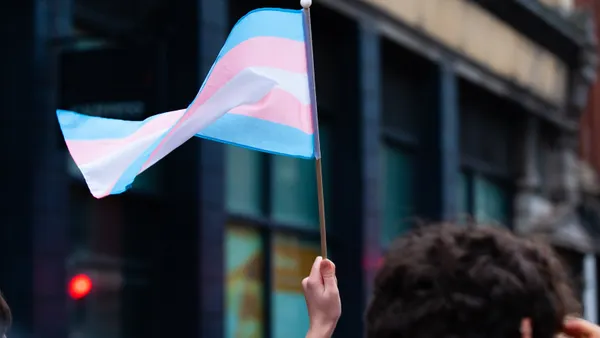Dive Brief:
- Under agreements with the New York State Attorney General, three higher education institutions will stop asking applicants broad questions about their criminal backgrounds.
- Questions about arrests or police stops that didn’t lead to convictions, as well as criminal records that were sealed or expunged, cannot be asked on standard college applications, said Attorney General Eric Schneiderman.
- The three colleges named were St. John’s University in New York City, and Five Towns College and Dowling College, both on Long Island, the New York Times reported.
Dive Insight:
Only the three schools out of 70 colleges and universities in New York examined by the attorney general’s office were asking such broad questions, including whether applicants had ever been arrested. But Schneiderman’s office also said they weren’t violating the law, the Times reported.
Critics of such broad questions say they amount to racial discrimination, because of racial imbalances in arrests and processing of criminal complaints. The Center for Community Alternatives, an advocacy group that has raised the issue of questioning applicants about their arrest and conviction history, published a 2010 study showing that students with criminal records didn’t pose any more risk to campus safety than students with no records. Under the agreements, the colleges can consider the criminal history of an applicant only if a conviction shows that he or she may pose a threat to public safety, or if the conviction is relevant to “the academic program or student responsibilities,” the Times reported.













